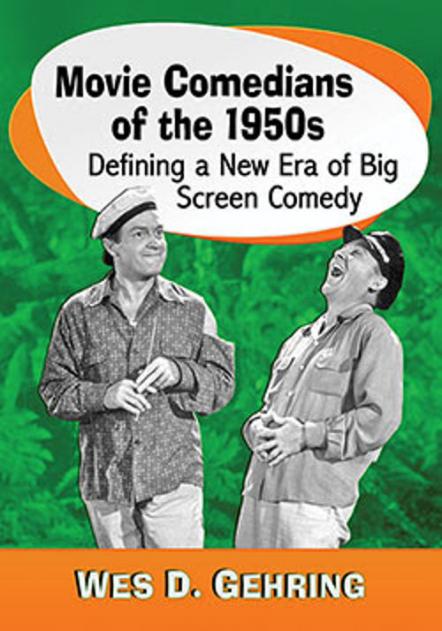| Support our efforts, sign up to a full membership!
(Start for free) |
Register or login with just your e-mail address
|
- home
- All Features
- Top 100 Greatest Hip-hop/Rap Singles Of All Time
- 46 Year End Charts of 2004
- 38 Year End Charts of 2003
- 33 Year End Charts of 2002
- The Best Singles & Albums Of 2003
- The Best Singles & Albums Of 2002
- The Best & Worst Charts Of 2003
- The Best & Worst Charts Of 2004
- Disco Fever With The Bee Gees
- Grammy Awards Archive
- US Year End Charts Archive
- The Quiet Beatle
- The British Invasion
- Elvis Joins The Army
- charts
- All Charts
- USA Top 40 Singles
- UK Top 40 Singles
- Europe Official Top 100
- Top40-Charts.com World Top 100
- Top40-Charts.com Airplay World Top 100
- World RnB Top 30 Singles
- World Latin Top 30 Singles
- Brazil Top 20 Singles
- France Top 40 Singles
- Italy Top 20 Singles
- German Top 40 Singles
- Spain Top 20 Singles
- Italy Top 20 Singles
- Canada Top 20 Singles
- news
- songs
- top videos
- artists
- members
- submit news






















